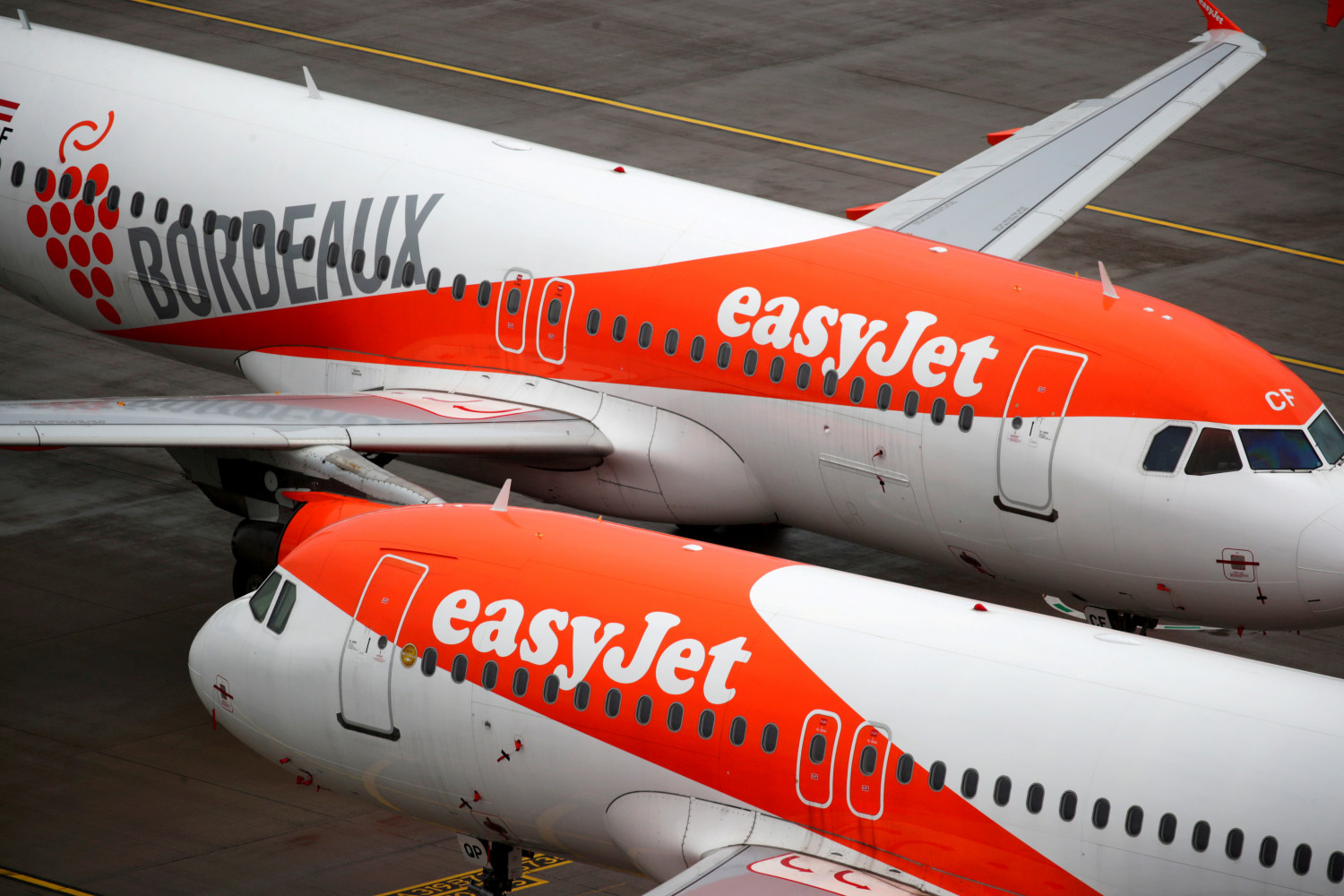EasyJet cuts more flights to mitigate travel chaos

Low-cost airline easyJet said it was cutting more flights this summer and faced higher-than-expected costs as a result of staff shortages across the industry that has led to travel chaos at most British airports.
easyJet
524.40p
17:15 18/11/24
FTSE 250
20,395.41
17:09 18/11/24
FTSE 350
4,473.50
17:09 18/11/24
FTSE All-Share
4,431.13
16:49 18/11/24
Travel & Leisure
8,661.05
17:09 18/11/24
The company on Monday said it expects fourth-quarter capacity, its key summer period, to be around 90% of pre-Covid pandemic levels.
Passengers have faced cancellations and delays at airports due to shortages in ground handling and security staff after companies sacked workers during pandemic lockdowns and have struggled to replace them.
This has led to flight caps at London Gatwick and Amsterdam, easyJet’s biggest airports. The airline said it now expected third-quarter capacity to June 30 to be around 87% of 2019 levels.
In response to the caps the airline said it was "proactively consolidating" flights across affected airports and said the move would provide customers with advance notice and the potential to rebook onto alternative flights.
"Given easyJet’s high frequency network, we expect to be able to rebook the majority of customers on alternative flights, with many being on the same day as originally booked for," it said.
“There will be a cost impact from disruption, coupled with the enhanced resilience easyJet is putting in place this summer, from additional wet leased aircraft, crew costs and airport charges. We believe that these capacity/cost impacts are a one-off this summer as we would expect all parties to build greater resilience in time for 2023 peak periods,” the company said.
“Given the unprecedented ramp up, the aviation industry across Europe is experiencing operational issues with root causes similar to the post-Covid supply chain issues being seen in many other parts of the economy.”
Interactive Investor analyst Keith Bowman said outlook uncertainty and the number of factors outside of the airline’s control "remain high".
"Difficulties like staff shortages are ongoing, while consumers are being pressured by a cost-of-living crisis, potentially reducing cash available to spend on travel.
However, Bowman noted that a recovery from the pandemic was taking place "with consumer appetite to travel again clearly evident".
"Management initiatives to raise ancillary or additional revenues like baggage have been a focus, while easyJet has been able to hedge some of the elevated fuel prices. On balance, and with the airline’s valuation considered to be broadly taking account of current difficulties, analyst consensus opinion currently points towards a 'buy'.”